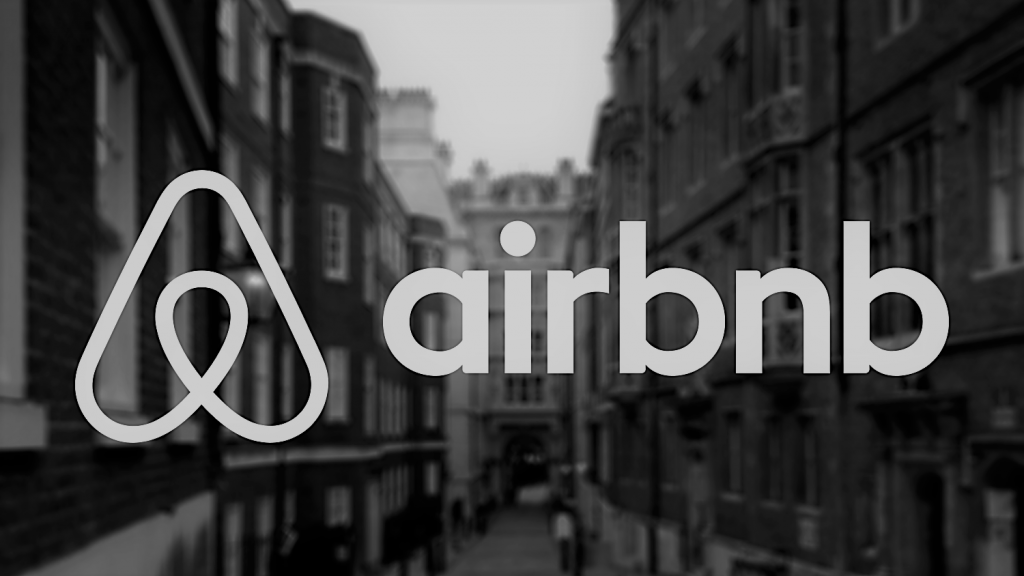Online travel booking sites Priceline Group and TripAdvisor took a beating from investors on Tuesday, highlighting how the companies’ once industry-disrupting model is under growing pressure from other competitors.
Shares of TripAdvisor fell 23 percent on Tuesday, while shares in Priceline declined 13.5 percent. Rival Expedia Inc’s shares skidded another 2.74 percent and are down 19 percent since Oct. 26, the day before the company reported weaker-than-expected third quarter results.
Though the circumstances at the three companies vary, they all are encountering increased competition from sites such as Airbnb and others that offer alternatives to traditional hotels. Hotel chains also are putting up a tougher fight for the online sites’ business.
“We’re a big business now,” Priceline Chief Executive Officer Glenn Fogel said on the group’s third-quarter call on Monday. “And as one finds in large numbers, (growth) rates naturally slow down.”
TripAdvisor Chief Financial Officer Ernst J. Teunissen warned investors during its quarterly earnings call that its year-over-year revenue per shopper had fallen 11 percent in the third quarter.
Companies such as Hilton Worldwide Holdings have become more aggressive in drawing customers from the third-party sites, offering incentives including free wifi and discounted pricing to make it more attractive for consumers to book a room directly through their mobile apps or websites.
Hilton has for the third time this year raised its full-year profit forecast and said business travel to its properties had improved in the months following the U.S. presidential election in November 2016.
“The highest growth that we’re seeing on a year-to-date basis continues to be in our direct channels. And I think we’ll continue to see that if we do our job,” said Hilton Chief Executive Officer Christopher Nassetta on the group’s third-quarter earnings call late last month.
He added that there was still value in third-party agencies as long as they operated on “reasonable economic terms.”
Hotels are driving harder bargains in negotiations on commissions paid to third-party sites, analysts said.
“The hotels have been fairly effective at recapturing some of the share that would have gone to an online travel agent,” Raymond James and Associates analyst Justin Patterson said in a telephone interview.
To attract customers, the online travel sites said they were spending more on advertising, including television commercials. Priceline told investors it increased its brand advertising spending by 55 percent in the third quarter to build brand awareness and drive traffic to its websites.
Privately held rental company Airbnb enjoyed another successful summer, Patterson said. It raised an additional $1 billion in its latest round of funding in March, putting the company’s value at $31 billion.
While traditional online travel agents have made efforts to attract vacation rental consumers – from Expedia’s acquisition of HomeAway to Priceline’s growing portfolio of owned properties – Airbnb still dominates the market.






